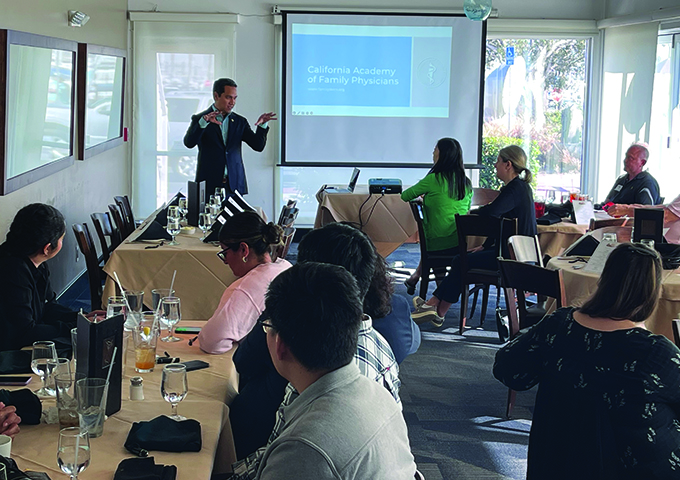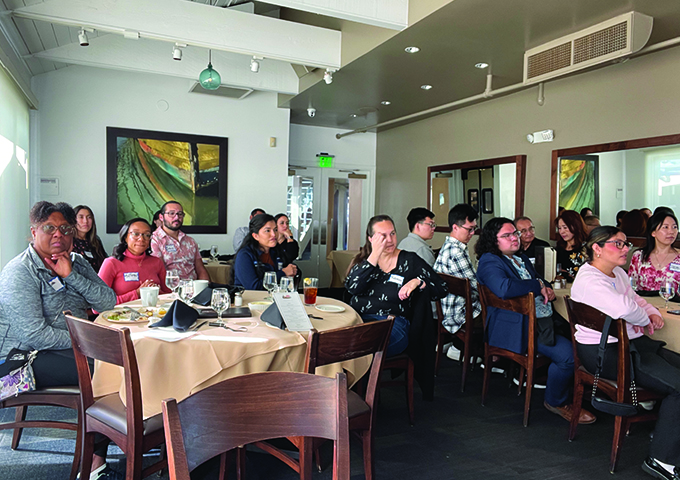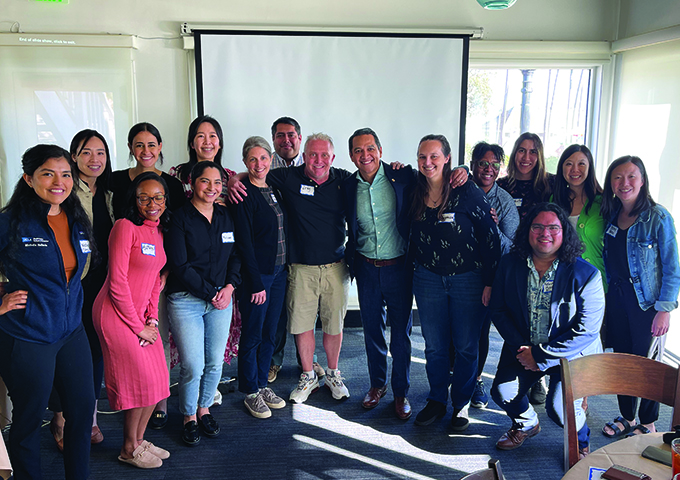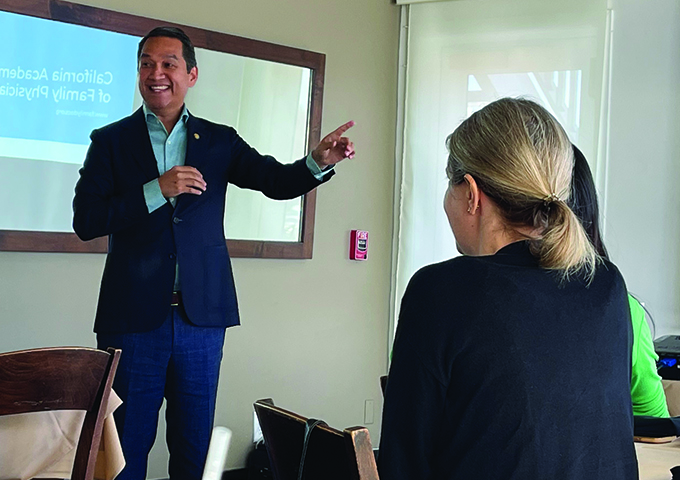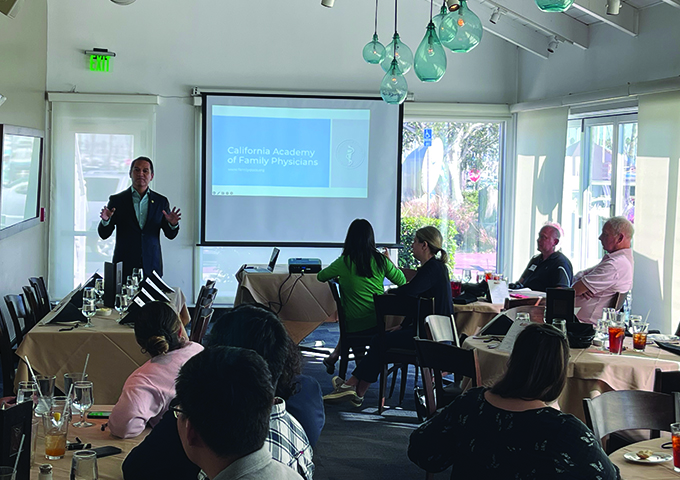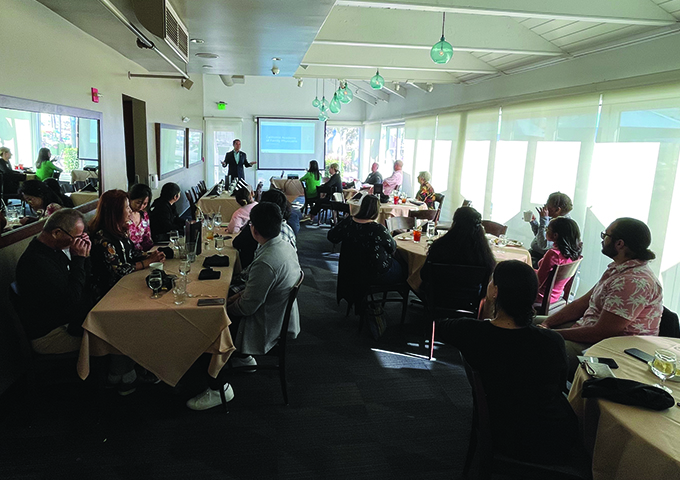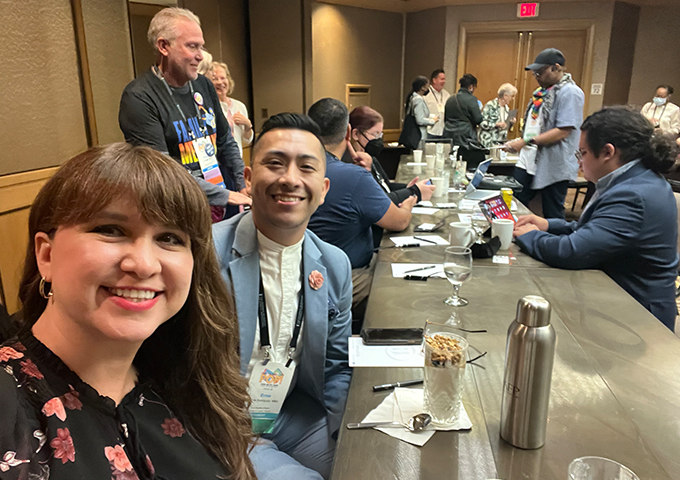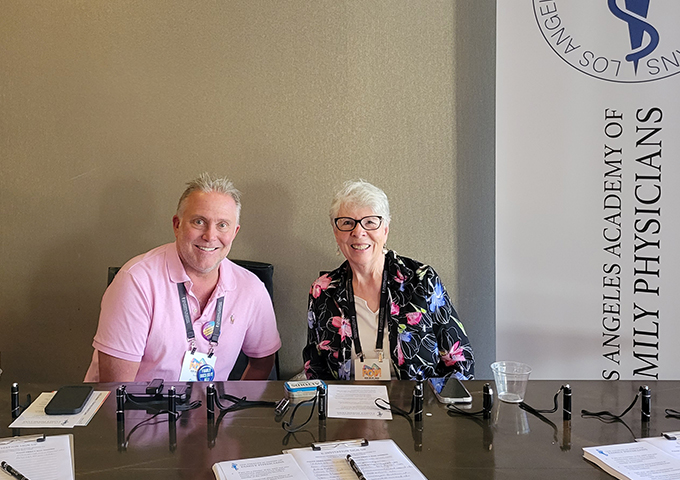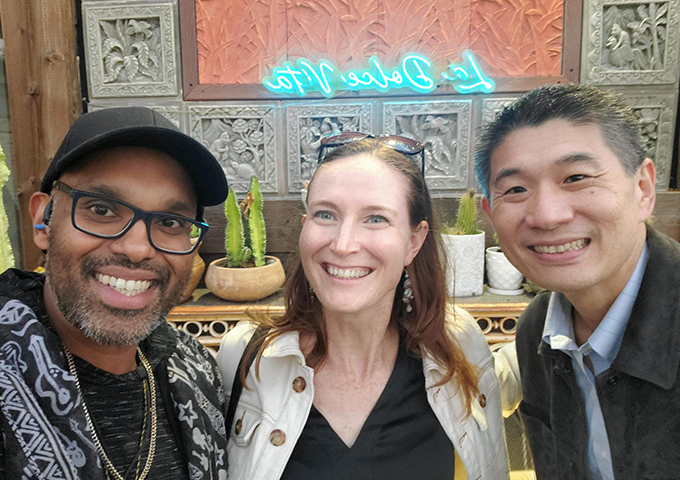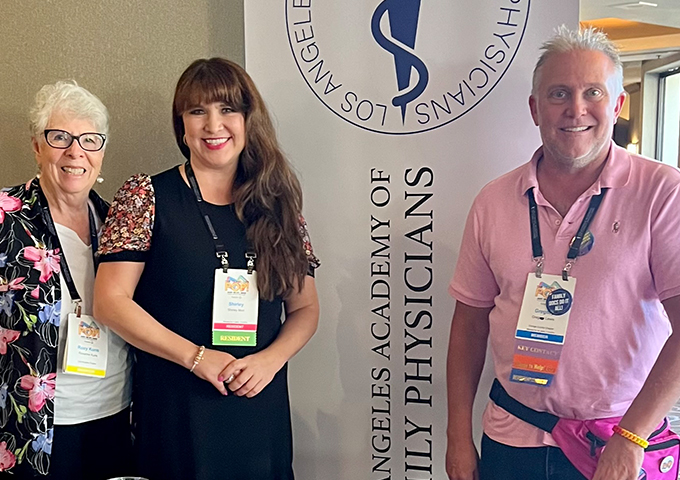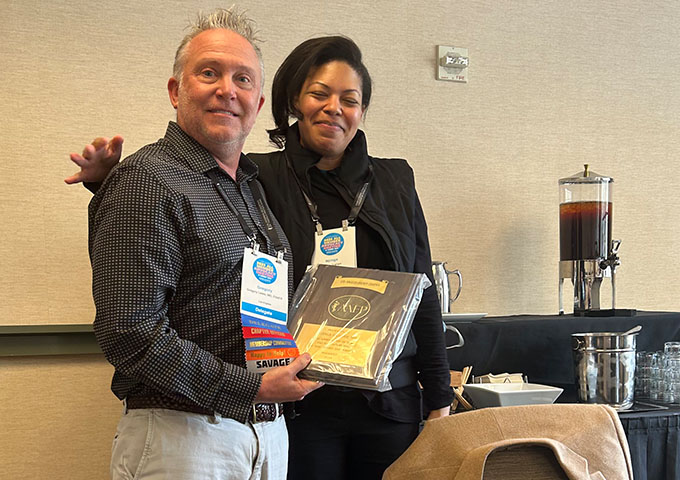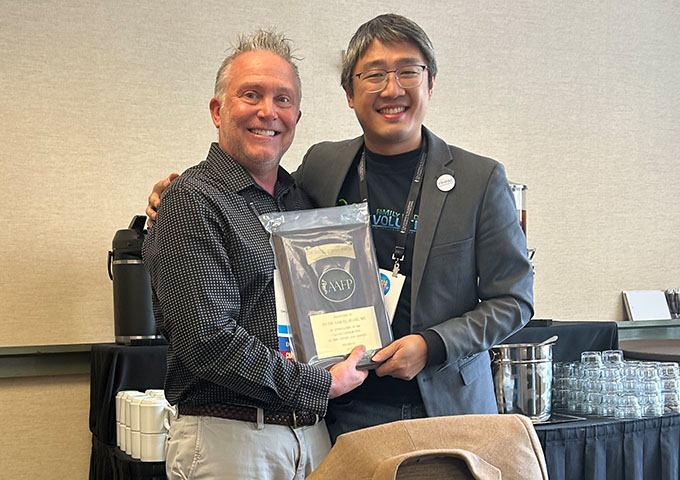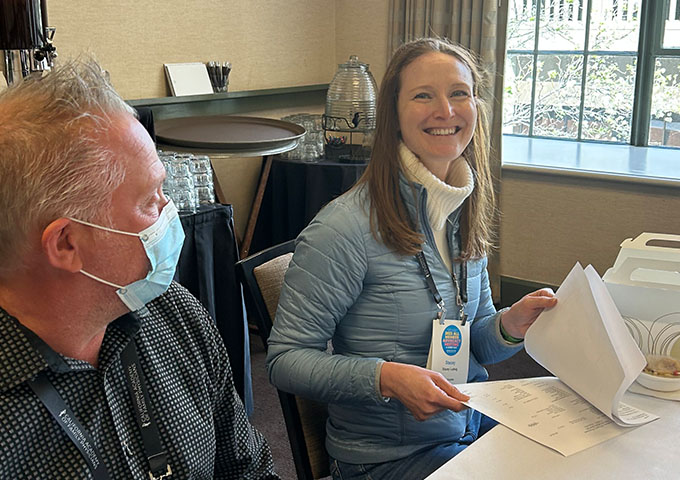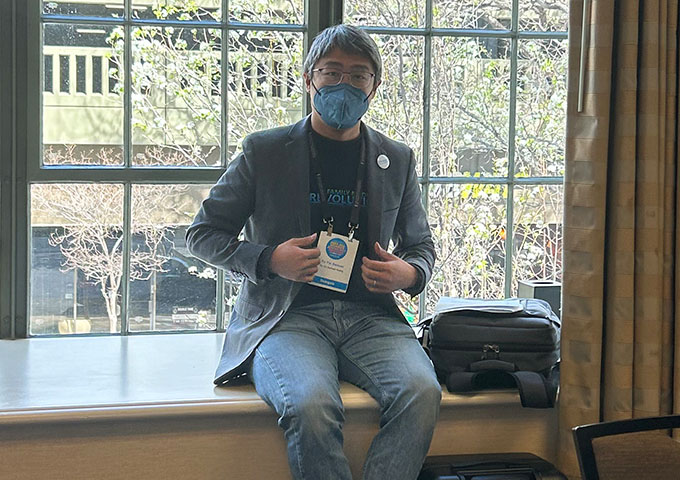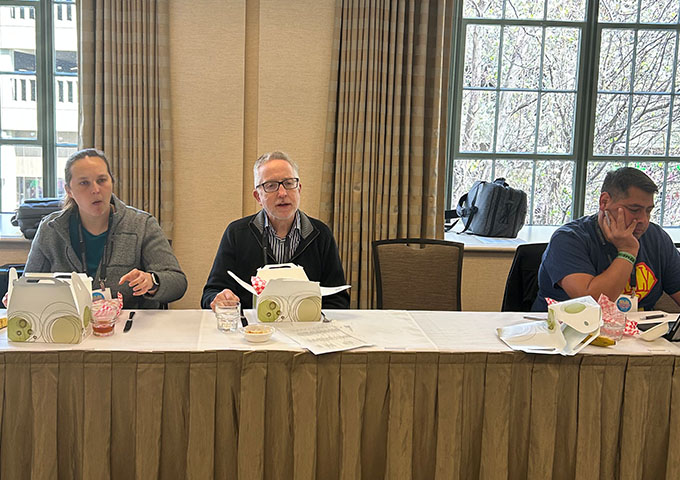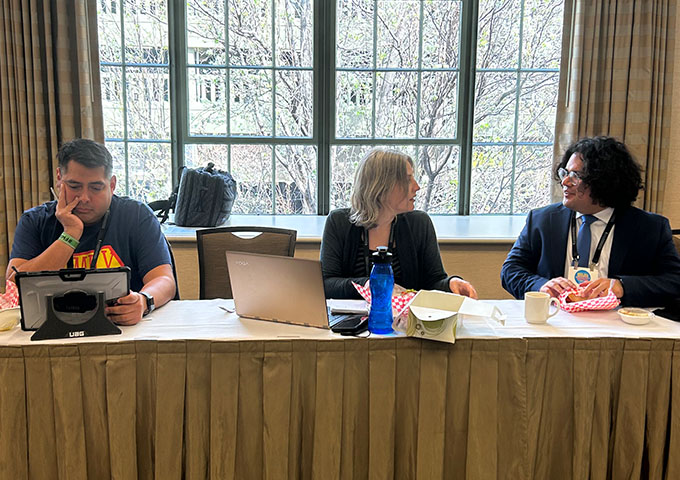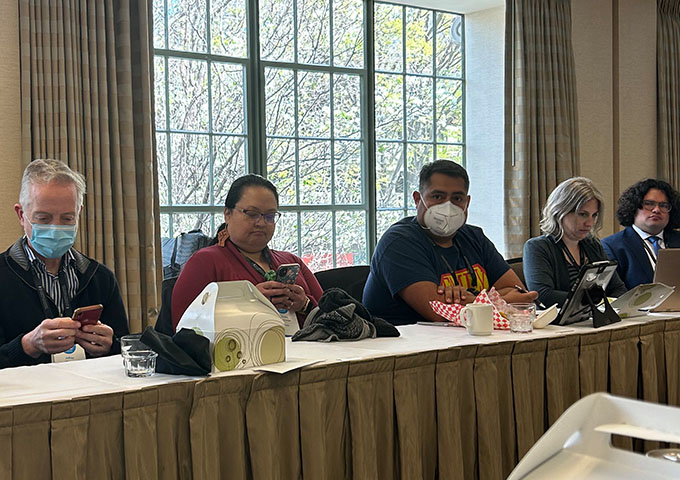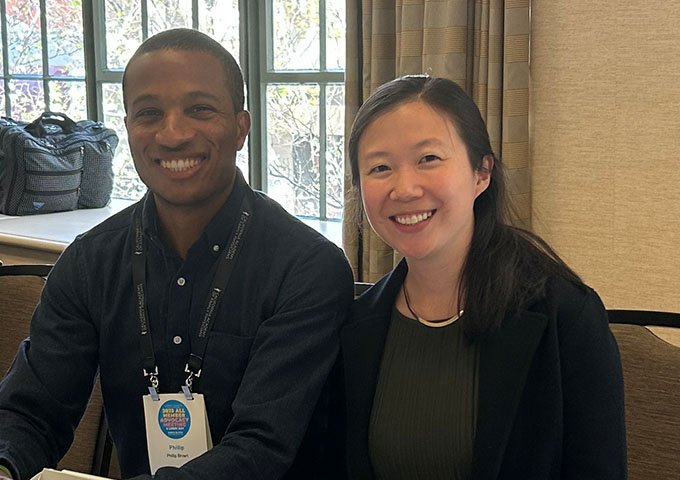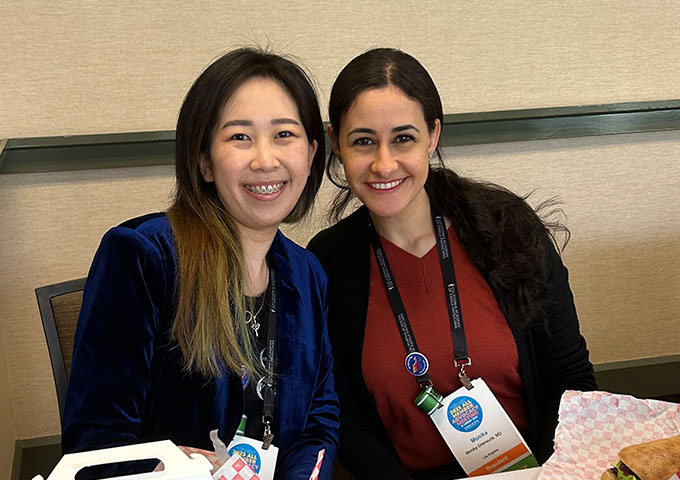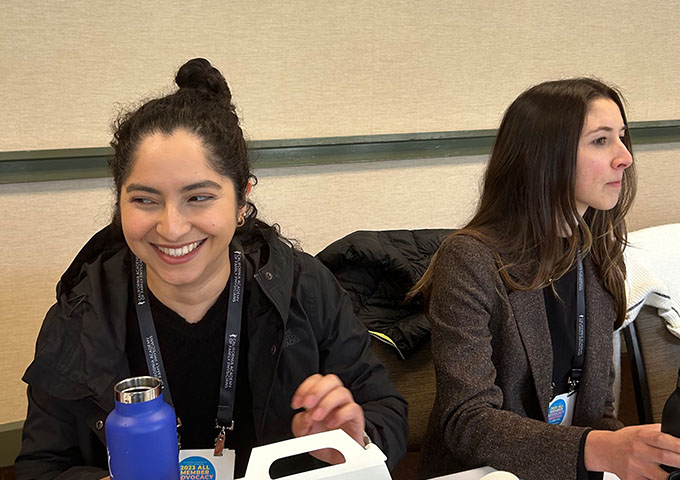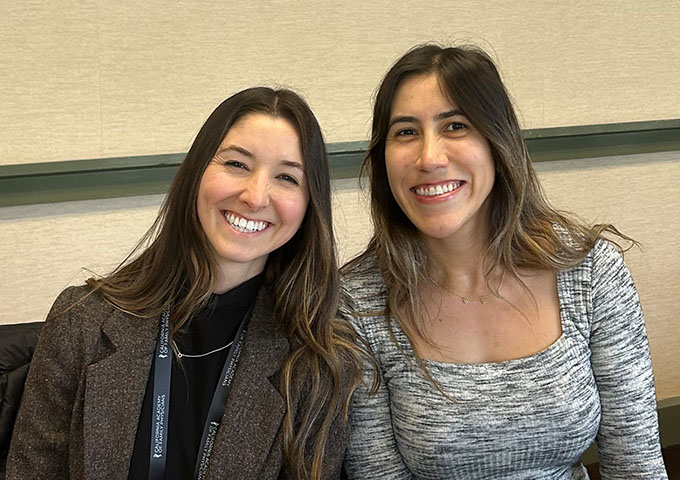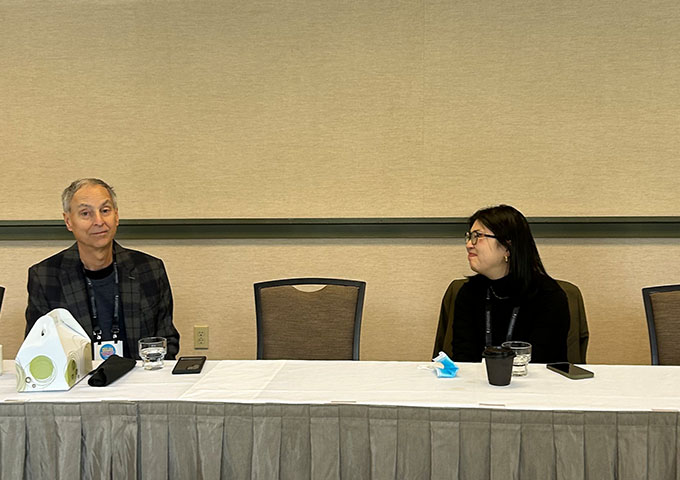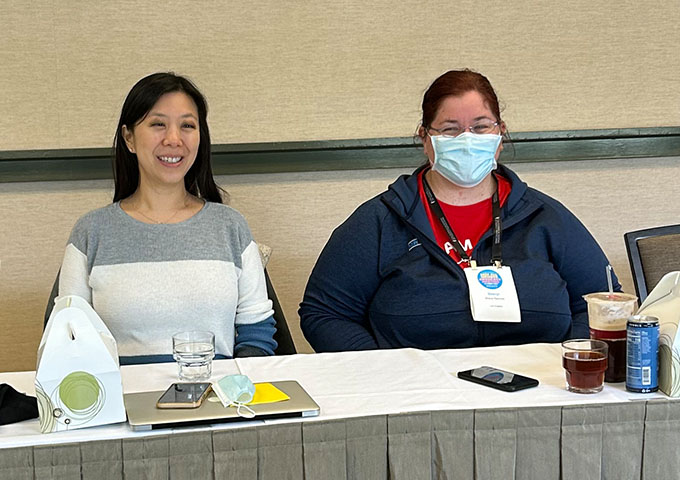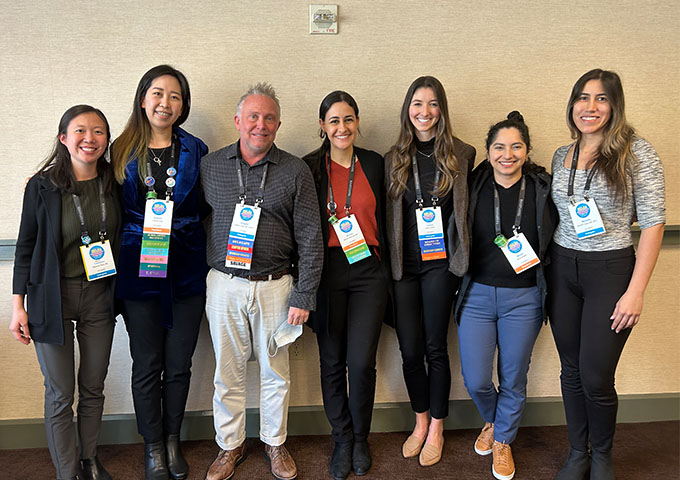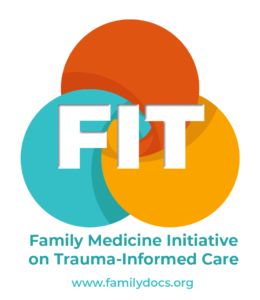Slow Down and Smell the…Newborn Blowouts Challenges Faced by Physician Mothers
It’s 4:20am. In the quiet hours of the early morning, I sit here in our nursery with my daughter, brand new only four weeks old in this world. I’m hungry, thirsty and sleep deprived as I struggle to keep her awake while we are learning to breastfeed together. I’m still healing from a vaginal laceration, revolving nipple blisters from clogged ducts, hand tendonitis and multiple trigger fingers. I think back to before I was pregnant. I had a perfect plan in my mind of when and how I should start a family – after graduating residency and practicing a few years so I could save enough money to enjoy myself before having a baby. Little did I know that the “perfect” timeline of when I wanted to start a family did not go as planned. Despite my background in public health and medicine, the journey to pregnancy and motherhood had multiple hardships that I knew little about prior to experiencing it myself.
Many physician mothers face similar challenges during their journey from pre-conception, to pregnancy, to postpartum and then after they return to work. With over 50% of medical doctors now being women, and over 80% of these women who will become mothers, there is startling little information on the level of difficulty and even less on proposed solutions regarding the various trials physician women and mothers face (Halley, et al, 2018). Primary challenges may include gender inequities, societal norms, demands of medical training and expectations in practice (Chesak, et al, 2022). Female physicians often delay marriage and child birth spending their prime child bearing years in medical training, leading to higher rates of infertility (Bering, J., et al., 2018). Women physicians spend more time on domestic tasks, and often are faced with gender bias and discrimination in their professional workplace. Discrimination can manifest as pay disparities, less women in leadership positions, and fewer opportunities in career advancements (Halley, et al, 2018). After maternity leave and returning to work, physician mothers are often faced with barriers to continuation of breastfeeding or milk expression, judgement from colleagues, child care and work-life integration (Adesoye, T., et al, 2017). These challenges contribute to the increased likelihood of burnout among physician women and mothers. A comprehensive literature review showed that these challenges have negative impacts for the individual, organization, healthcare system and society in general (Chesak, et al, 2022). Female physicians on average spend more time with their patients and charting, have lower hospital mortality and readmission rates, and are more adherent to practicing evidence-based medicine than their male counterparts (Adesoye, T., et al, 2017). Consequently, retention of women physicians may contribute to improved patient satisfaction, the community’s health, and the continued success of medical institutions.
Individualized, structural and cultural interventions may help alleviate the stress for physician mothers. Addressing gendered bias and discrimination, such the gender pay gap and productivity approach during pregnancy and maternity leave, may help ease stress and decrease burnout faced by physician women and mothers (Halley, et al, 2018). Mentorship and sponsoring female physicians may also be helpful in promoting more women to leadership positions and advancing their careers (Chesak, et al, 2022). A study showed that physician mothers wanted more support for maternity leave and return to work, such as paid leave, adequate breast pumping time without penalty, on-site child care and flexibility in scheduling (Juengst, et al, 2019). Improving institutional policies around paid leave and breastfeeding and pumping may help support physician mothers during this challenging time. Finally, having a strong organizational wellness program and family friendly services, such as onsite child care and flexible work schedules, may accommodate work life responsibilities of both parents. Emotional, social and organizational support around physician mothers is crucial to their wellbeing and achieving a healthy work life balance.
As an ambitious and motivated physician woman, I struggled with being present, prioritizing myself, and the perception that mediocracy was failure. I pushed myself to give 110% in all areas of my life, battling various forms of gendered bias and discrimination in academia, medicine and the workplace. In reality, motherhood challenges us to juggle more than we ever had before on multiple fronts. My pregnancy forced me to re-evaluate my priorities and focus on self-care, allowing me to recover from burnout. I contemplate my personal struggles and journey from my daughter’s conception and birth, to now my postpartum period on maternity leave. Even though I am adjusting to life with my newborn, I have never lived more in the moment as I do now. I anticipate multiple more challenges when I eventually return to work. However, I carry the lessons my daughter taught me when she was in the womb, and hope I can continue to remember them when I do return to work. For now, as I stare down at my perfect, precious little angel, I am filled with gratitude relishing in every skin to skin cuddle, milk drunk smiles, and even the newborn blowouts we get to share with each other.
References:
Adesoye, T, MD, MPH, Mangurian, C, MD, MAS, Choo, EK, MD, MPH. Perceived Discrimination Experienced by Physician Mothers and Desired Workplace Changes: A Cross-sectional Survey. JAMA Intern Med. 2017; 177(7): 1033-1036. Retrieved from: https://jamanetwork.com/journals/jamainternalmedicine/fullarticle/2626192
Bering J, Pflibsen L, Eno C, Radhakrishnan P. Deferred Personal Life Decisions of Women Physicians. J Womens Health (Larchmt); May 2018; 27(5):584-589. Retrieved from: https://pubmed.ncbi.nlm.nih.gov/29634448
Chesak, SS, PhD, et al. Challenges and Solutions for Physician Mothers: A Critical Review of the Literature. Mayo Clinic Proc; June 2021; 96(6):1578-1591. Retrieved from: https://tpmgphysicianed.org/sites/default/files/media/2022-03/CLC%20IB%20Challenges%20for%20physician%20mothers.pdf
Juengst, SB, PhD, et al. Family Leave and Return-to-Work Experiences of Physician Mothers. JAMA Network Open. 2019; 2(10). Retrieved from: https://jamanetwork.com/journals/jamanetworkopen/fullarticle/2752815
Halley, MC, Rustagi, AS, Torres, JS, Linos, E, Plaut, V, Mangurian, C, Choo, E and Linos, E. Physician mothers’ experience of workplace discrimination: a qualitative analysis. BMJ. May 2018. Retrieved from: https://www.bmj.com/content/bmj/363/bmj.k4926.full.pdf



